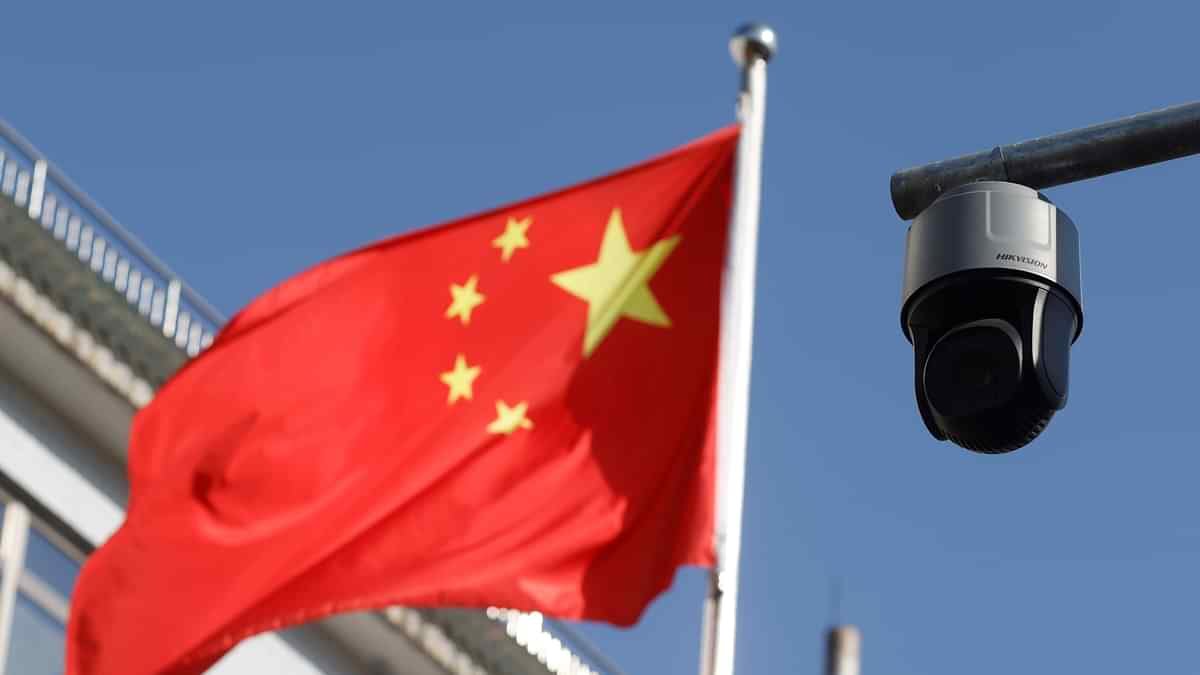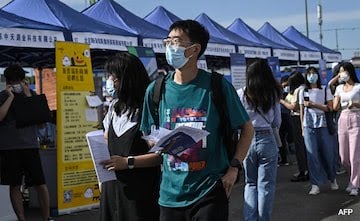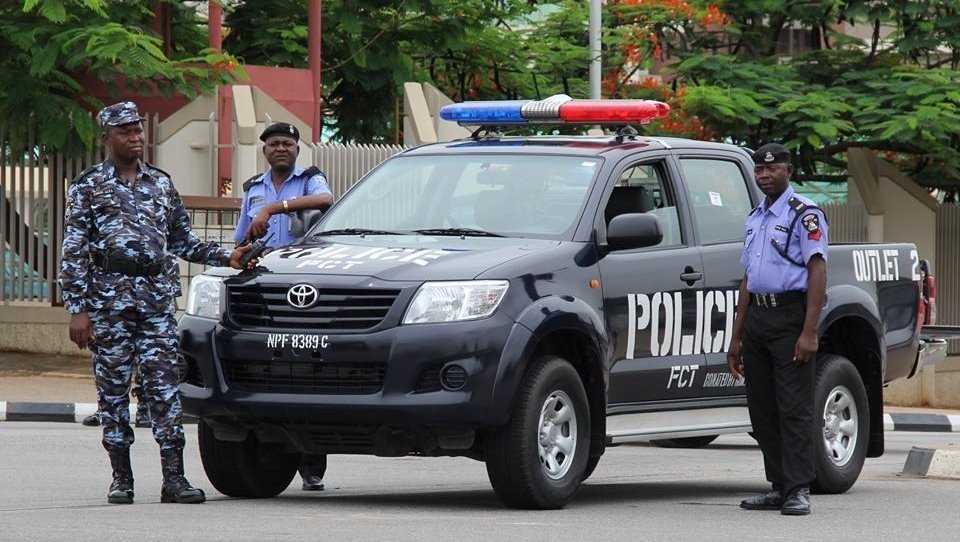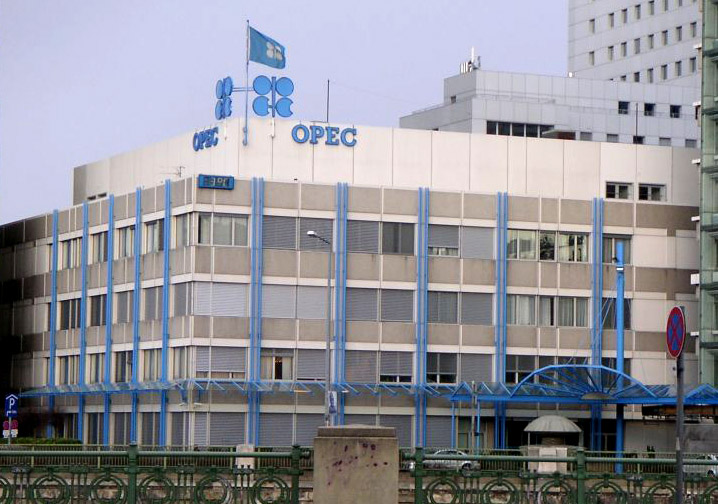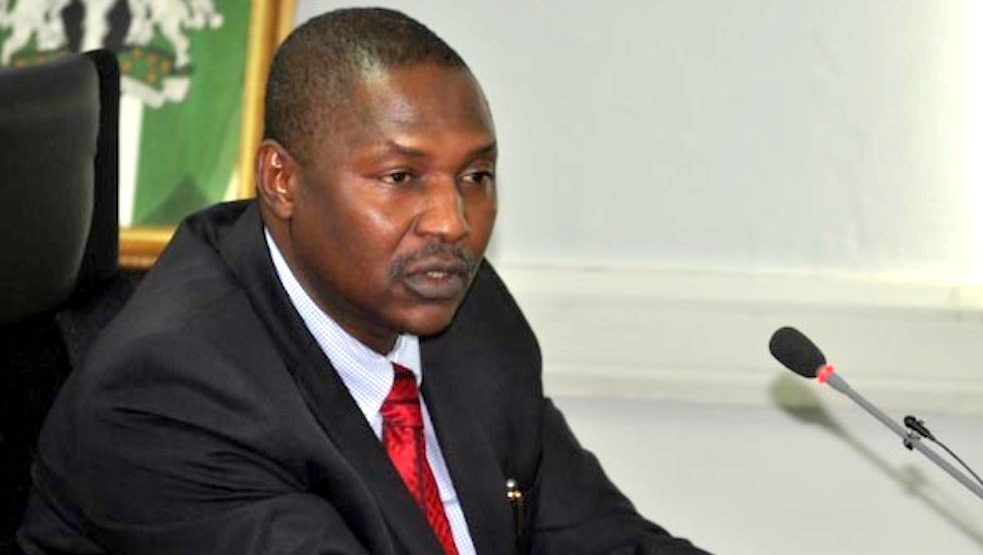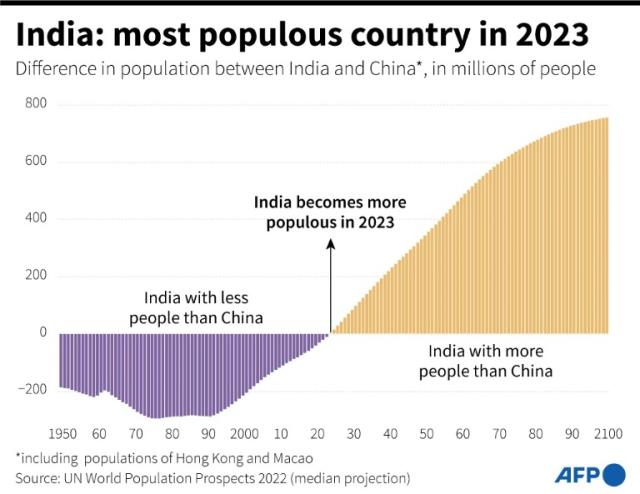Chinese graduates shared photos of themselves theatrically throwing their degrees into bins, underscoring the bleak outlook as youth unemployment sits at a record high.
The jobless rate could rise even further this summer, analysts warned, providing another headache for the government as it tries to jumpstart the country’s sluggish post-Covid economy.
With well-paid jobs few and far between, young people told the media they were opting to remain in university, while others are scrambling for limited government jobs as opportunities in the private sector dry up.
Sampson Li, who graduated this month with a master’s degree in software engineering, was looking for work but has given up to apply for a doctorate instead.
The 24-year-old told the media he passed three rounds of interviews at a major tech company in Shenzhen, dubbed China’s Silicon Valley, before the employer said it had frozen recruitments.
“Three other companies asked me to take a lower pay than the market rate,” he said. “I can’t survive with that salary in this city.”
Data released last Thursday by the National Bureau of Statistics showed May’s unemployment rate for people aged 16-24 hit 20.8 percent, an increase on the previous record of 20.4 percent hit in April.
Larry Hu, Macquarie Group’s chief China economist, warned that the figure could increase further in July when 11.6 million more college graduates start looking for work.
“Corporates are reluctant to hire because of soft consumer demand, while consumers are reluctant to spend because of the weak labour market,” he told the media.
“As a result, policy is the only game changer at this stage.”
State crackdown
At a State Council meeting in April, Premier Li Qiang pledged to ensure stable employment opportunities for young people.
“We have to take measures to stabilise the scale of employment in manufacturing and foreign trade enterprises, optimise university curriculums, and improve the quality of vocational education and skills training based on the market demand,” Li said.
However, a hoped-for raft of stimulus measures for the economy, including help to boost the jobs market, fell flat, as did an interest rate cut Tuesday, which was less than expected.
One of the reasons China’s once-freewheeling private sector is seeing much slower growth is because of a sweeping government crackdown on property companies, tech giants and private tutoring firms.
“While Beijing runs a state-led economy, private companies provide up to 80 percent of China’s urban jobs,” Yu Jie, a senior China research fellow at the London-based think tank Chatham House, wrote.
These sectors relied on “young people willing to work long hours for lower salaries”, she said.
Liu Qian, armed with a degree in fintech, has been job hunting for the past six months.
“There were dozens of fintech start-ups when I entered university, but many have disappeared over the past two years after the government tightened rules governing the sector,” she said.
“My parents now want me to study for the civil services exam, to see if I can get a job in a state-owned company.”
The odds are tough, though.
More than 7.7 million applicants took the civil service exam this year, to qualify for about 200,000 government jobs at national and provincial levels, state media reported.
Frustration over the fierce competition for any well-remunerated work has fuelled the online memes of throwing away degrees, with graduates also posting photos of themselves sprawled on the ground or in various poses of despair.
The pictures are a reference to the now-prevalent counterculture of “lying flat” — young people rejecting the rat race of urban living for a simpler, less professionally ambitious life.
There is generally a mismatch in skills possessed by young job seekers and the demands of the labour market, Chatham House’s Yu said.
The services sector, for example, remains a rare bright spot with millions travelling and dining out after three years of pandemic restrictions were lifted last December.
But the lack of opportunities for vocational training means young people are ill-equipped to work in it, Yu said.
Many of the jobs that are available are poorly paid and arduous.
Tan Yong, 17, moved to Shenzhen from neighbouring Meizhou last year after dropping out of high school.
He first found work at an assembly line making air conditioners, but was forced to leave after six months when the production line moved to Vietnam.
Now Tan works as a rider for a food delivery company.
“The work is difficult, and we make less than five yuan on most deliveries,” he said.
“But many young people don’t want to work in factories where you need to stand for nearly seven hours.”




